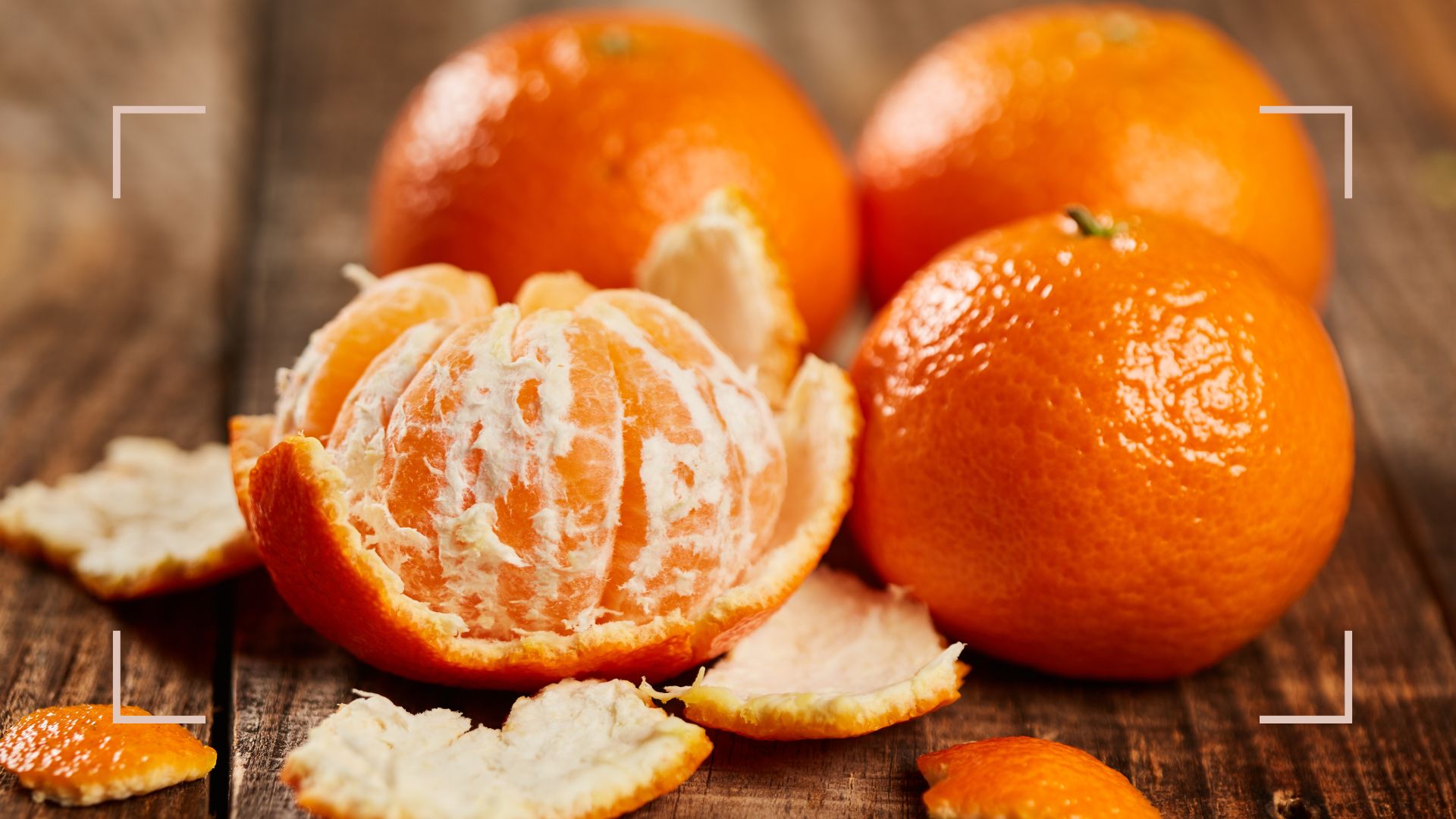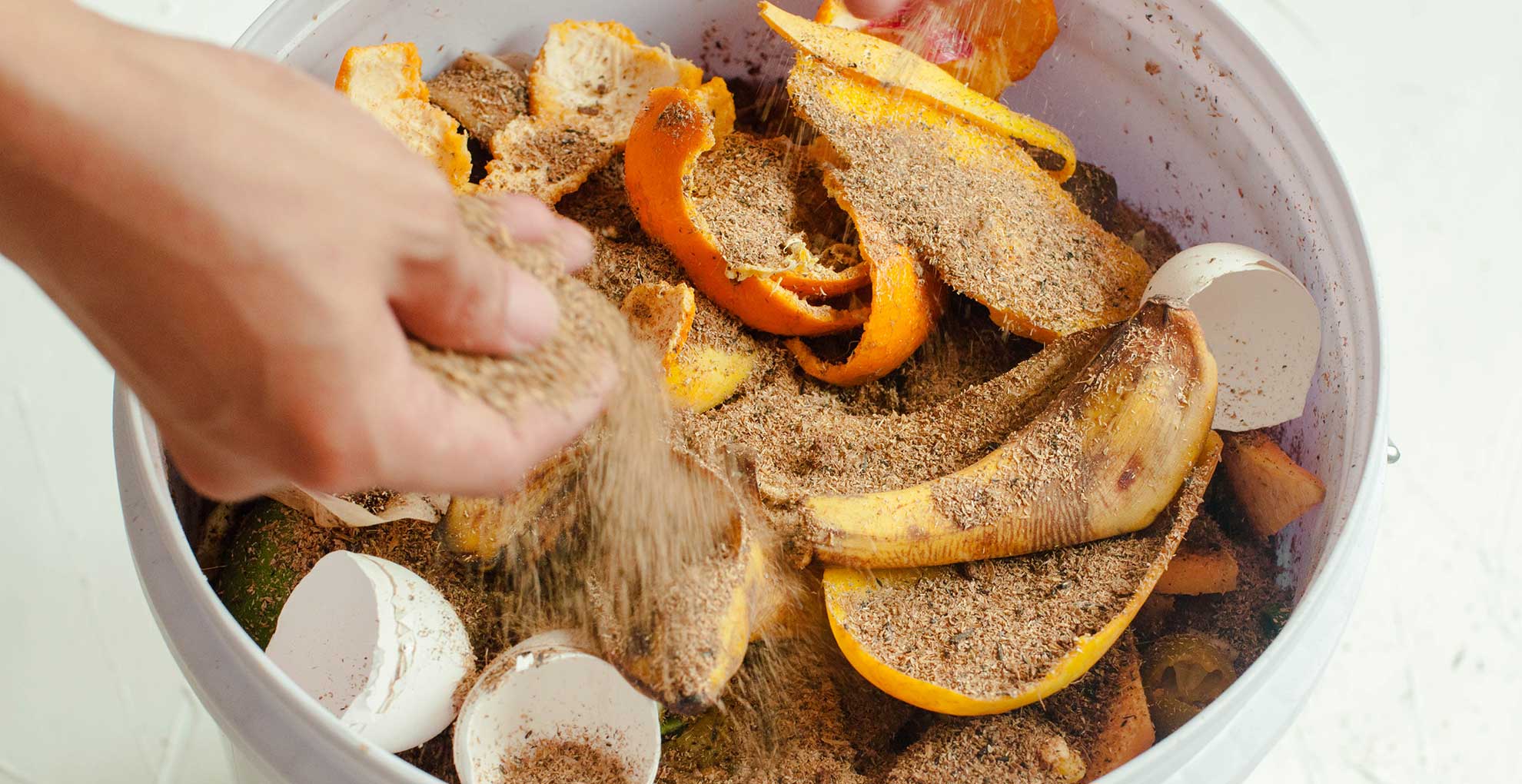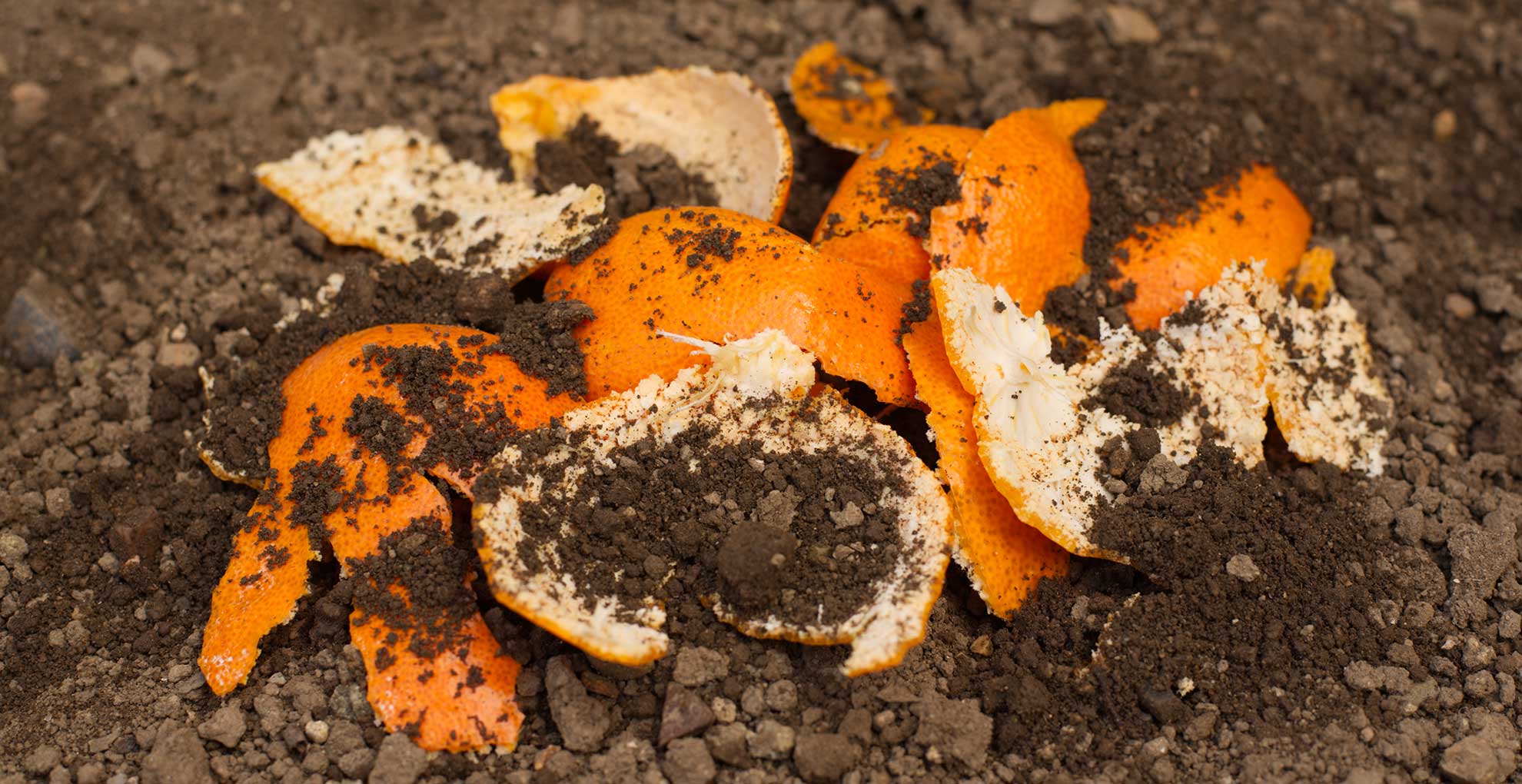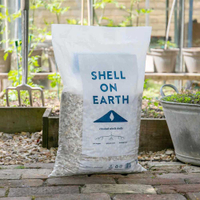How to use orange peel in your garden – 5 ways to reuse the rind for good
Next time you peel one of your five-a-day keep the skin to use in the garden to improve soil, nurture plants and more


The next time you choose to enjoy this citrusy favourite packed full of Vitamin C be sure to keep the skin because it turns out that the peel is highly beneficial for your garden's needs too.
Oranges are well-known for being high in vitamin C, which is great for boosting our immune systems but as it turns out these essential nutrients can also be highly rewarding for our gardens.
Similar to using banana peels in the garden you can use orange peel in your garden to pass on the vital nutrients to your greenery.
Our team of horticulture experts share the best ways to get the goodness from your discarded orange skins into the soil and help nurture your best plants. Here's how they use surplus citrus skins in their gardens, explaining why this food source is so valuable...
How to use orange peel in your garden: 5 ideas
Be it an orange, satsuma or tangerine the peel of these citrus favourites is a beneficial sustainable gardening idea. Similar to using tea bags in your garden to enrich compost, there are several savvy ways to utilise orange peels to enrich your garden.
1. Organic compost

Making compost with orange peel, along with banana skins and eggshells
Along with using coffee grounds in your garden, orange peels are ideal due to their high vitamin content for providing a natural source of goodness to enhance your compost. "Orange peels are rich in nitrogen, which is essential for composting," says Dan McCarthy, a sustainable practices expert from Green Olive Firewood.
"You can add chopped or shredded orange peels to your compost pile to help accelerate the decomposition process and enrich the compost with essential nutrients." This compost can then fertilise your best garden plants, seasonal flowers and vegetables.
Sign up to our free daily email for the latest royal and entertainment news, interesting opinion, expert advice on styling and beauty trends, and no-nonsense guides to the health and wellness questions you want answered.
"Rich in nitrogen, you absolutely can and should add orange peels to your compost bin," enthuses RHS-trained gardener Andrew O'Donoghue, co-founder of Gardens Revived. "Break them into smaller pieces to speed up decomposition."

RHS-trained gardener Andrew O'Donoghue set up Gardens Revived with his brother, Christopher, in 2018 to create a thriving family business. Together, they have worked on residential gardens, listed buildings and gardens, flower shows and large estates with some exceeding 70 acres – many with historical significance.
2. Homemade fertiliser
If you don't have a compost pile you can still benefit from the nutrient-rich skins by making a homemade fertiliser to feed your plants with added goodness. Not only are you helping your garden grow you are also saving money on buying expensive plant feed.
There are two methods, powdered or liquid. "You can make a simple orange peel fertiliser tea by soaking orange peels in water for a few days," suggests Dan.
"Use this water to water your plants. The nutrients from the orange peels will leach into the water, providing your plants with a natural and nutrient-rich liquid fertiliser."
The other is to dry them out. "If you dry the peels, then grind them into a powder, and sprinkle this powder around your plants, you’ll find it’ll boost their growth," says Andrew. "Why? Because it contains nutrients like nitrogen, phosphorus, and potassium, all of which are hugely beneficial to plants."
3. Soil Amendment

The skins can be used directly on the topsoil to create a layer of mulch to improve the soil as it releases goodness during decomposition.
"Dried and ground orange peels can be used as a mulch around your plants," says Dan. "This can help conserve soil moisture, suppress weeds, and gradually release nutrients into the soil as the peels decompose."
You can also bury the orange peel just beneath the surface of the topsoil to penetrate deeper into the roots at a quicker rate.
"You can actually chop the peels into small pieces and work them directly into the soil," advises Andrew. "As they decompose, they'll add organic matter, improving soil texture and fertility."
4. Pest deterrent

The most common use for orange peel in gardens, like using eggshells in the garden, comes in the form of deterring pests. Many gardeners say the citrus scents within the skins are a powerful remedy to ward off slugs, keep ants away and repel aphids without any need for toxic chemicals.
"Many pests, such as ants and aphids, are repelled by the citrus scent of orange peels," confirms Dan. "You can place dried orange peels around your garden beds or bury them near plants to help deter pests."
"Be mindful, though, as too many peels can attract other pests," warns Andrew, so this method is best used in moderation.
5. Seed Starter Pots
This idea is ideal for those looking to grow from seed and give their new plants the best start in life.
"You can create biodegradable seed starter pots using hollowed-out orange halves" advises Dan. This creative idea is ideal for the rewilding gardening trend to avoid enduring any waste throughout the growing process.
"Simply fill the orange halves with soil and plant your seeds. Once the seedlings are ready to be transplanted, you can plant the entire pot in the ground, as the orange peel will decompose and provide nutrients to the soil.”
Does orange peel keep slugs away?
"Slugs and snails are both repelled by the scent of citrus," explains Dan McCarthy, a sustainable practices expert from Green Olive Firewood. "Place orange peels around plants that are susceptible to slug and snail damage to help protect them."
The powerful citrus fragrance is thought to be enough to stop them in their slimy tracks, preventing them from venturing anywhere near your plants.
Incidentally, another great natural deterrent for slugs is crushed shells. Like with the orange peels you simply cover the soil but the whelks work to make the surface terrain harder to navigate.
Shell on Earth Crushed Whelk Shells, £11.99, Marshalls Garden
Using shells is not only a great natural way to deter pests it's also a great way to dress your flower beds – a budget garden idea to improve the appearance of your planting scheme.
While there are undoubtedly benefits of using orange peel in your garden Andrew does offer some simple last words of advice: "Remember to use orange peels in moderation in your garden to prevent attracting pests or causing fungal issues."

Tamara is a highly experienced homes and interiors journalist with a career spanning over 22 years. Now the Lifestyle Editor of womanandhome.com, she previously spent 18 years working with the style teams at Country Homes & Interiors and Ideal Home. With these award-winning interior teams, she gained a wealth of knowledge and honed her skills and passion for styling and writing about every aspect of lifestyle and interiors.
A true homes and interiors expert, Tamara has been an ambassador for leading interior brands on multiple occasions, including appearing on Matalan’s The Show and presenting at top interior trend forecasting events such as the Autumn Fair and Spring Fair.
